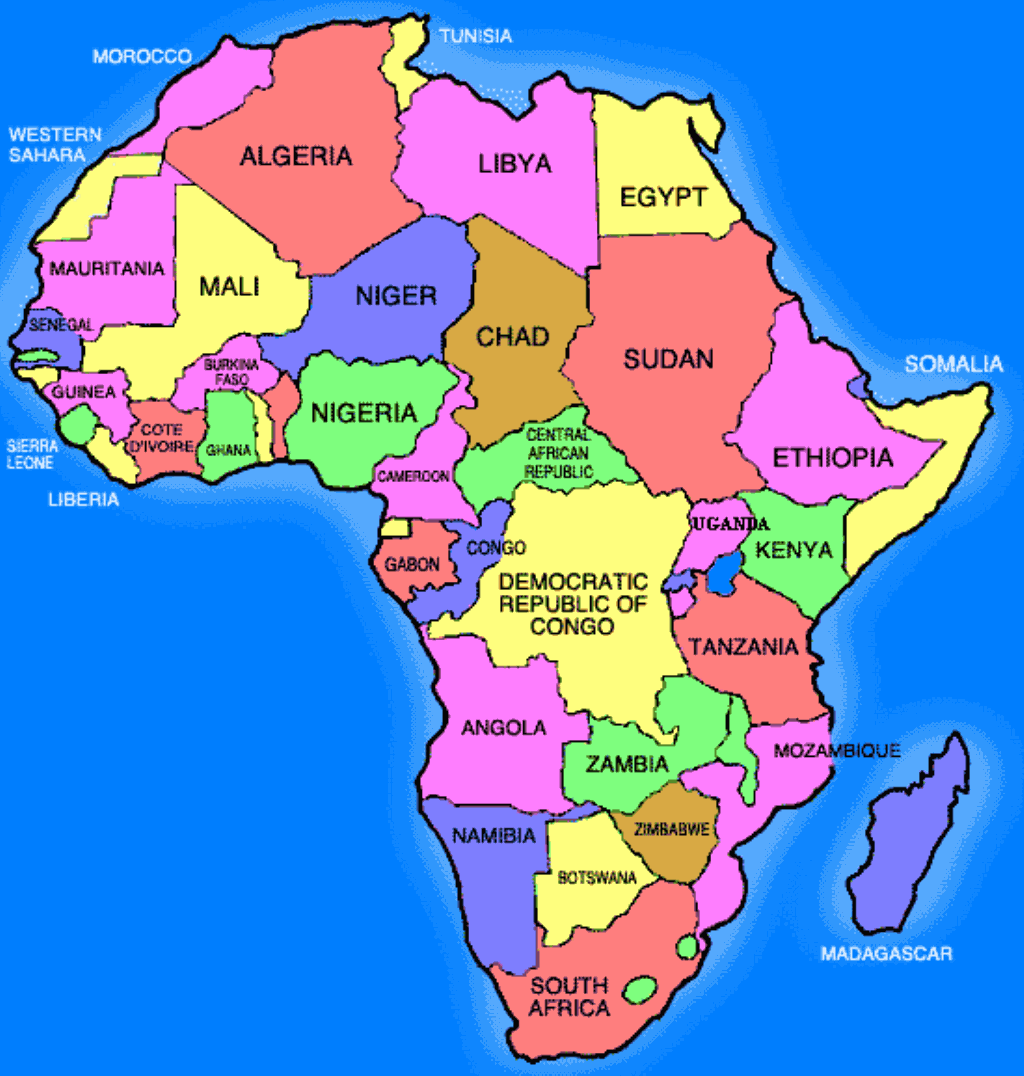
The Coordinating Minister of Health and Social Welfare, Prof. Muhammad Pate, has said it is time for Africa to chart its own path in global health governance by prioritising sovereignty, local needs, and domestic financing over dependence on foreign aid.
Speaking on Tuesday at the Africa Health Sovereignty Summit in Accra, Ghana, Pate challenged existing global health frameworks, which he described as externally driven and limiting.
He stressed that African nations must take ownership of their healthcare systems and shift away from reliance on donor generosity.
“We cannot build healthier populations purely on the generosity of other nations. It is time to define our path, rooted in sovereignty and aligned with local needs,” the minister said.
Pate called for a bold vision for global health that positions Africa at the heart of future governance, trade, financing, and innovation.
He challenged existing frameworks that, he said, had reduced global health to a limited set of diseases and priorities largely defined by external narratives.
He noted that global health is often described through the lens of a few priority issues, like HIV, malaria and tuberculosis, or specific areas such as health financing or maternal and child health.
“Yet these issues are framed by externally driven perspectives, leaving African voices, especially from poorer countries, less acknowledged,” he said.
The minister explained that most health progress in lower-income countries over the past 25 years had depended on domestic financing and local leadership, with donor support playing a complementary role.
He, however, warned that shifting geopolitics and nationalist tendencies demand a recalibration.
He traced the evolution of global health to two contrasting legacies.
“The first is the positive legacy of 19th-century international sanitary cooperation, which laid the foundation for today’s collaborative institutions.
“The second is the colonial legacy, rooted in tropical medicine and neo-colonial economic structures, issues that were powerfully critiqued by Ghana’s Kwame Nkrumah,” he emphasised.
He noted the continuity of structural inequities, despite efforts ranging from the Bandung Conference in 1955 and the Alma-Ata Declaration of 1978, to global debt initiatives and public health commissions.
He said donor-driven priorities routinely undermine national agency and compromise the independence of institutions like the World Health Organisation.
“Too often, macroeconomic metrics prioritise short-term ‘value for money’ over the critical public health investments our people need, such as sanitation, clean water, waste management and nutrition,” he said.
He warned of fragmentation and dwindling resources despite these structural flaws and the emergence of over 70 global health partnerships like the Global Fund, Gavi and CEPI.
To reclaim leadership in global health, he advised, “We must act decisively through a seven-point strategic framework.”
The don said the region must forge a strategic South-South alliance, uniting Africa, Asia, Latin America and the Caribbean to form a new geopolitical axis that, while mindful of global power dynamics, remains committed to equity-driven governance.
He said it was also essential to revise trade terms, restricting manufacturing capacity and limiting access to essential medicines.
He added that the continent must champion true country ownership and accountability.
“We must push for a more independent and effective WHO by restructuring its funding model to emphasise predictable, unearmarked contributions that allow for impartial and equitable leadership.
“We need to prioritise domestic financing models. This includes exploring innovative instruments such as pooled regional health funds, diaspora bonds, and blended finance approaches that reduce overreliance on foreign aid,” he stated.
He said it is important to industrialise the health trade under the African Continental Free Trade Area.
“This means engaging trade and finance ministries to build infrastructure for continental markets, harmonise professional standards, and support the health value chain, from diagnostics and test kits to digital health platforms.
“Finally, we need to strengthen intellectual property protections while encouraging local innovation,” he added.
Provided by SyndiGate Media Inc. (Syndigate.info).